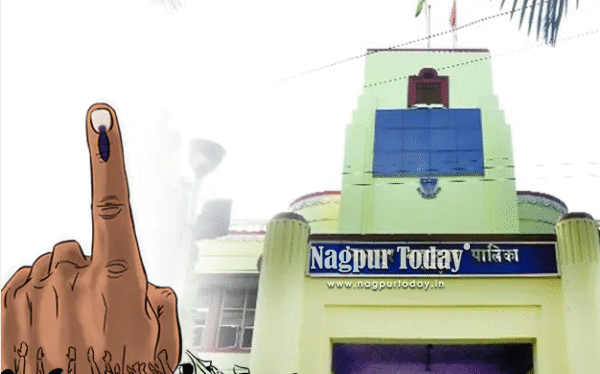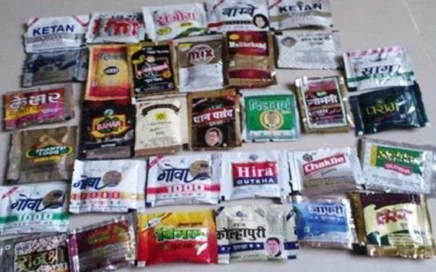
Nagpur: Despite a Supreme Court directive in May to hold civic elections within four months, the Nagpur Municipal Corporation (NMC) polls are staring at an almost certain delay. The intricate and time-consuming ward formation process mandated by the State Government, coupled with several pending logistical hurdles, makes adhering to the apex court’s deadline a near impossibility, according to officials.
As of July 11, critical preliminary stages of the election process are far from complete. Ground verification of ward boundaries, final publication of ward maps, and hearings on public objections are still underway, with numerous crucial steps yet to commence.
A complex timeline for ward demarcation
According to the State Government’s detailed schedule for ‘A’, ‘B’, and ‘C’ category municipal corporations, which includes Nagpur (an ‘A’ category city), the ground verification of draft ward boundaries is set to continue until July 24. Following this, the Municipal Commissioner is slated to finalize the draft proposal and submit it to the Urban Development Department by August 5. The department is then expected to forward this proposal to the State Election Commission (SEC) between August 6 and 11.
Once the SEC grants its approval, the draft ward formation will be formally published on August 22, opening a window for public suggestions and objections until August 28. A government-appointed officer will then conduct hearings on these objections between August 29 and September 8. Subsequently, the final ward formation is to be submitted to the SEC via the Urban Development Department between September 16 and 22. Only then can the final notification for the wards be issued, projected between October 3 and 6.
This elaborate ward demarcation is merely the first half of the preparatory process. Once the new ward boundaries are finalized, the electoral rolls must be redrawn to align with these new divisions, a task anticipated to consume several more weeks.
Another significant component is the reservation of seats for Other Backward Classes (OBCs), Scheduled Castes (SCs), Scheduled Tribes (STs), and general category candidates. This requires a lottery system, followed by a fresh round of public suggestions and objections, which alone is expected to take at least a week. The appointment of Returning Officers and Assistant Returning Officers will further extend this intricate timeline.
Adding to the complexity is the meticulous task of breaking down over 24.8 lakh voters into the newly created wards. While the elections are constitutionally bound to the 2011 Census population of 24,47,494, the voter base has expanded considerably since, with data from July 7 showing 24,84,674 registered voters within NMC limits. This discrepancy adds another layer of logistical challenge to the ward-wise distribution.
Considering these interdependent steps — each demanding official approvals, public feedback periods, and administrative actions — the entire preparatory timeline stretches significantly beyond the four-month window suggested by the apex court. Even under the most optimistic projections, these essential processes would require an additional 8 to 10 weeks, pushing the earliest feasible poll dates into mid to late November.
Senior officials, speaking on condition of anonymity, concede that conducting civic elections before the Supreme Court’s mandated deadline appears increasingly unlikely, given the multiple legal, logistical, and procedural hurdles ahead. As the city continues to operate under administrative rule, the democratic exercise to elect a new civic body for Nagpur seems poised for further postponement.














